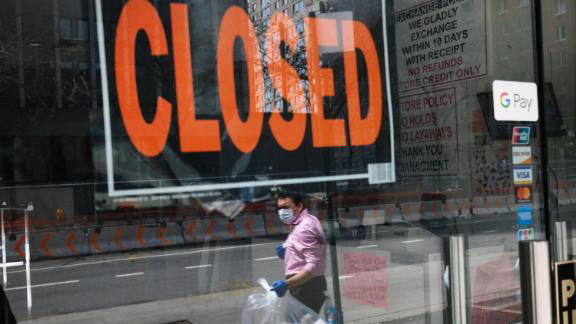Riverside County sued over collecting fees from restaurants forced to close

Multiple restaurants forced to close their doors during the coronavirus public health lockdowns, even while paying government fees to maintain their operating permits without generating revenue, are suing Riverside County and the state.
The Old Spaghetti Factory of Rancho Mirage, the Old Spaghetti Factory of Riverside and other establishments included in the class action argue that the county Department of Environmental Health and the California Department of Alcoholic Beverage Control should have suspended or refunded fee collections while the lockdowns were underway.
Restaurants can now provide both indoor and outdoor dining, with health safeguards and capacity limitations, under the orange tier of the governor's "Blueprint for a Safer Economy" framework.
The civil action points to the economic harm wrought by former county Public Health Officer Cameron Kaiser's orders barring public gatherings in March 2020, and following that, Gov. Gavin Newsom's string of executive orders mandating that eateries -- deemed "non-essential'' -- remain closed.
Check out our I-Team report on the number of local businesses from March to November 2020
Some restaurants never recovered financially and are now permanently out of business, according to the suit.
"We view this as significant government overreach," plaintiffs' attorney Brian Kabateck said. "The defendants collected fees at a time during the pandemic when officials were ordering the business to shut down, or drastically limit operations.''
Kabateck characterized the county and state charges imposed on restaurants as "offensive" because they were demanding "fees for licenses and permits that these businesses couldn't use.''
The county Executive Office didn't immediately respond to a request for comment, nor did representatives from the Department of Alcoholic Beverage Control.
Along with Riverside County and the state, the suit also targets health regulators in Contra Costa, Monterey, Placer, Santa Clara and Sonoma counties.
Similar class actions were filed at the end of last year in Los Angeles, Orange, Sacramento, San Diego and San Francisco counties.
There are close to 60,000 restaurants statewide, employing nearly 1.5 million people, according to the California Restaurant Association.
"For more than a year, restaurants have modified business operations, reduced hours, and temporarily or permanently closed down," association CEO Jot Condie said.
Still, restaurateurs are expected to pay burdensome state and local fees as if they were not forced to shut down or eliminate in-person dining.
"This (legal) action delivers a clear message about the willingness of restaurants to go the distance to recover fees," he said. "We expect thousands of restaurants will be willing to join the class action in their respective counties with the aim of total reimbursement for the fees and taxes that were inappropriately levied."
The National Restaurant Association reported that, as of last fall, three million restaurant workers had been displaced, and the industry was staring at revenue losses totaling $250 billion.
Even with limited reopenings in the last several months, the suit notes that almost "70% of California's restaurant owners are at risk of being evicted ... as the bills pile up, including fees, taxes and other charges levied by the same government entities restricting restaurants' ability to fully operate."
The plaintiffs acknowledge that health protocols and safeguards were necessary when COVID-19 reached the U.S., but state and local governments ought to be willing to "return the fees, taxes and charges'' that should never have been collected in the first place."